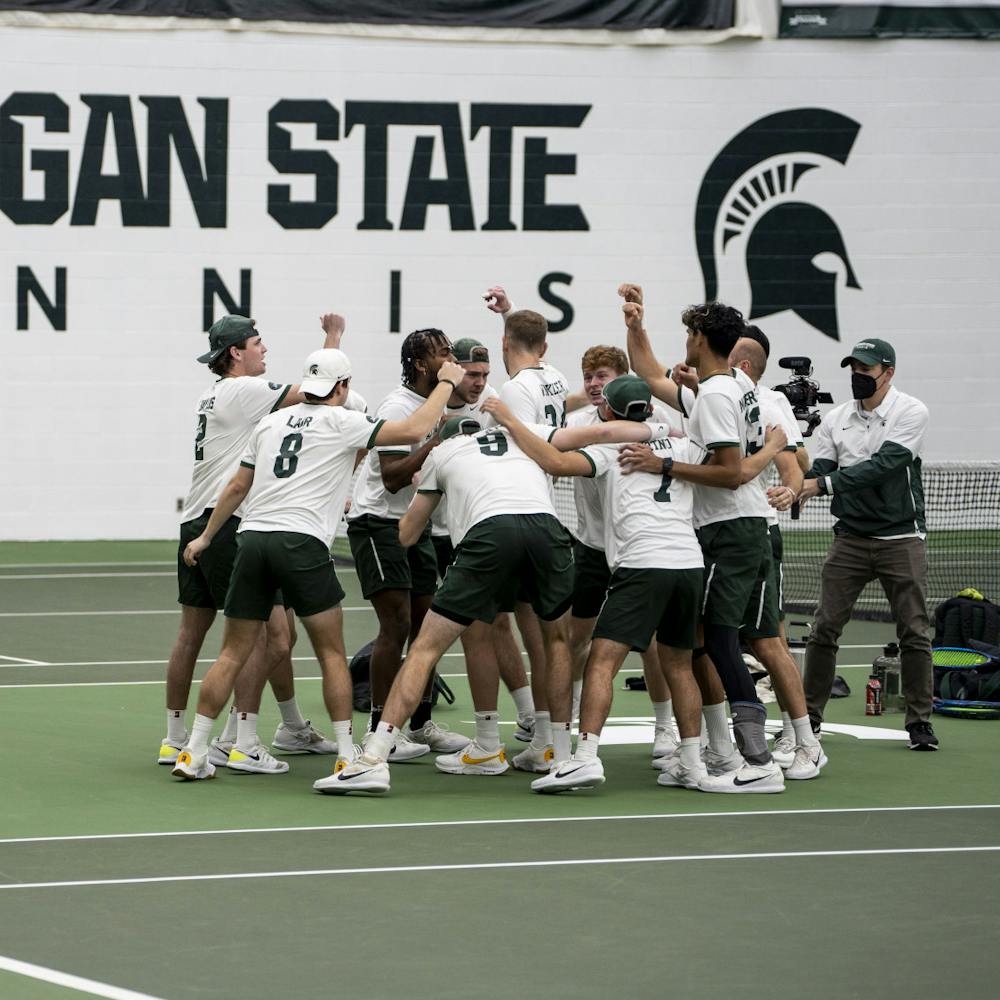After the implementation of a new pilot program at MSU, consumers will have access to more information about the beef they purchase at the grocery store — using their smart phone.
In March 2007, Michigan instituted a mandatory livestock tracing program, said Kevin Kirk, assistant to the animal industry director of the Michigan Department of Agriculture. The program requires all cattle to have radio frequency identification tags before they are sold, making it easier to trace them back to their farm of origin if necessary.
Four years after the program’s launch, MSU researchers are working to improve and expand it.
Animal science associate professor Daniel Buskirk, along with two other MSU professors, are working to help consumers trace the meat they buy at the grocery store back to the farm where it originated and the animal it came from by scanning a barcode.
With this program, consumers will be able to use their smart phones or a kiosk at their grocery store to scan the 2-D barcode on the beef they purchase and access a website with information about the animal the beef came from.
Researchers want the website to have information about the animal’s farm of origin and where it was raised, but Buskirk said as the program grows, additional information could be provided.
“It’s a good system for consumers,” Buskirk said. “I think they’d like to have that information. Consumers are more interested than ever in where their food comes from.”
Kirk said there are similar programs in Europe, but to his knowledge, this is the first one in the U.S.
“It’s something that I don’t believe has been done before,” Kathleen Hawkins, executive vice president for the Michigan Cattlemen’s Association said. “It’s a new program.”
The program is intended to benefit not only the consumers, but the farmers as well. Farmers who already are producing high-quality beef do not get credit for their work because no one knows they are doing it, Buskirk said. Tracing would help bring attention to what they are doing.
Buskirk said the initial phase of the pilot program will begin in mid-June and continue for about six months. He hopes the real program will be ready to launch after the pilot program is complete.
“I think it’ll be workable right out of the box,” Buskirk said.
Buskirk said there will be a cost for consumers to use the program to offset the cost of purchasing labels, bar code scanners and other equipment, but the exact amount has not yet been determined. He said the goal is to put everything together for the least amount of money possible to keep the cost to consumers down.
“(The) consumer might be willing to pay more because they can trust the farmers and producers,” Kirk said.
Support student media!
Please consider donating to The State News and help fund the future of journalism.
Discussion
Share and discuss “MSU researchers to create beef tracking program” on social media.






